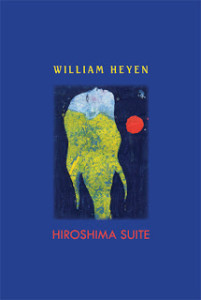Haruki Murakami speech in Kyoto
Japanese novelist Haruki Murakami’s recent speech in Kyoto
includes an anecdote about Hayao Kawai, the late Jungian-
trained author after whom a new literary prize in Japan–with
Murakami its first recipient–has been named.
(from The Asahi Shimbun site)
Haruki Murakami: I live an ordinary life
Reclusive novelist Haruki Murakami surprised and delighted the audience when he opened up about several topics during his recent speech at Kyoto University. Smiling and cracking jokes, the best-selling author and Nobel Prize contender was in high spirits from start to finish.
Murakami, 64, began his speech by saying, “I do not usually appear in public, but this is a special occasion, so I have emerged like a ‘kappa’ (a water goblin haunting mainly rivers). You may ask why I do not go out in public. I am a person who lives an ordinary life. I take the subway and bus to move around, and I shop at stores in my neighborhood. It would be troublesome if I was often approached on the street as a result of appearing on TV.”
Murakami told a funny anecdote about his daily life.
“Years ago, I went to renew my driver’s license. A staff member at the counter repeatedly called, ‘Haruki Murakami.’ When I went to the counter, the person asked me, ‘You have the same name as that famous novelist, don’t you?’ I answered ‘yes.’ I am like an endangered Iriomote wildcat. I beg you not to come close and touch me.”
The speech and interview, held May 6 at Kyoto University, was titled “Tamashii wo Miru, Tamashii wo Kaku” (Seeing a soul, writing a soul). The event was held to commemorate the establishment of the Kawai Hayao Monogatari-sho, Gakugei-sho (Kawai Hayao story prize and literary prize), in honor of the late psychologist Hayao Kawai.
During the event, Murakami touched on his friendship with Kawai.
“I rarely call someone ‘sensei’ (teacher), but I spontaneously called him Kawai-sensei,” Murakami said.
He also related one of Kawai’s puns: “(Kawai said that) one day the prime minister was late for a Cabinet meeting (when Kawai served as commissioner for cultural affairs). The prime minister apologized to the Cabinet ministers, saying, ‘I am sorry, I am sorry (a pun on ‘sori,’ Japanese for prime minister).’ “
“He was such a thoroughly silly man,” Murakami added.



